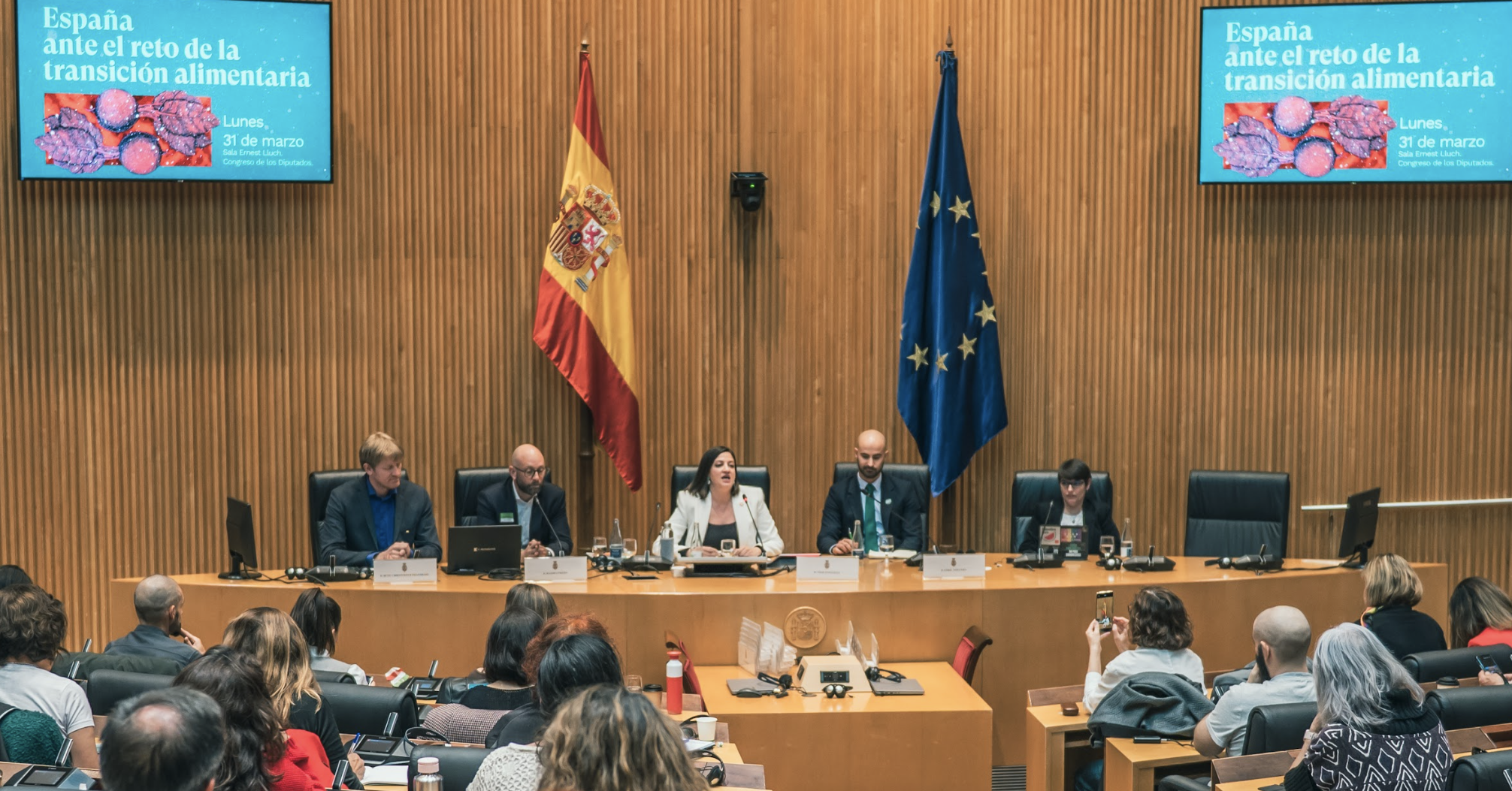Hello everyone !
We invite you to the 2nd Latin American Congress of Animal Law - ARBA 2024!
This congress will bring together eight important professional experts who exercise an important work as defenders of animal rights in Latin America (Chile, Ecuador, Mexico, Colombia, Brazil and Peru).
They will report on important legislative advances and various issues that we currently share in the region. We are honored with their participation.
1- Mauricio Serrano, Founder of Animal Libre and Director of Veganuary Latam (Chile)
"Raising Awareness about Rodeo in Chile. The chronicle of a death foretold"
2- Cristina Alarcón - Free Hen Project - PAE (Ecuador)
"Fighting for the Organic Animal Law (LOA) of Ecuador, a reference in the region"
3- Taylison Santos - Executive Director of Forum Animal (Brazil)
"Live cattle and our partial victory in Brazil"
4- Isabel Franco - Igualdad Animal México
"Legislative changes in favor of farm animals"
5- Camila Ahumada - Corporate Relations Specialist - Mercy For Animals Latin America (Chile)
"Chilean legislation in the Latin American panorama on the welfare of animals confined in farms: Where are we and where are we going?"
6- Catalina Lopez - Director of the Animal Aquatic Alliance (Mexico)
"Octopus farms, the new industry that we must stop"
7- Diana Cortes - Lawyer and researcher - Instituto Distrital de Protección y Bienestar Animal - Alcaldía Mayor de Bogotá (Colombia)
"Abolition of Bullfighting in Colombia!"
8- Manuel Bartra - Legal Director Arba (Peru)
"Transparent Egg Labeling Bill: The breeding of hens matters and has different implications"
The event is free and 100% virtual organized by @arbaperu.



We invite you to participate!
Registration LINK 
Warmly
Iselda



